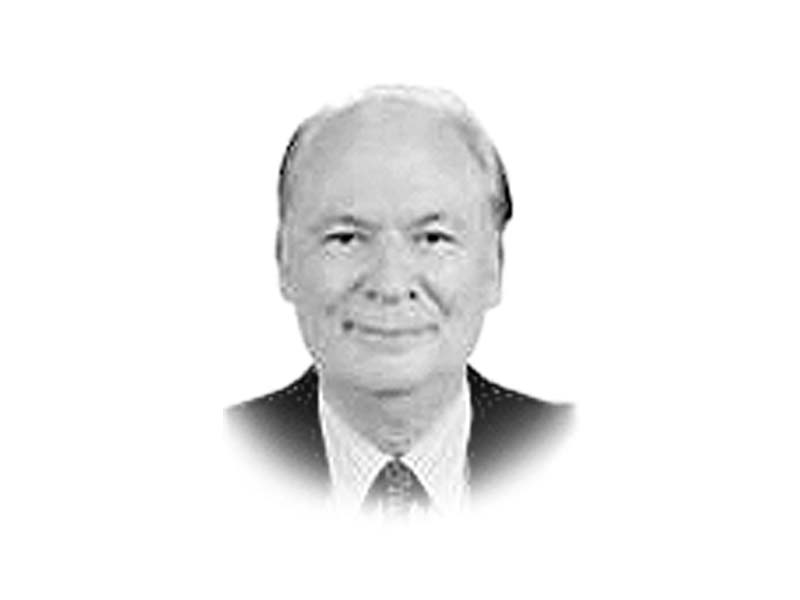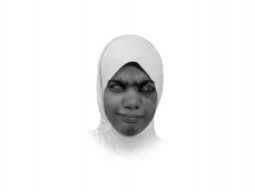
After that we had a Peoples’ government that introduced prohibition, banned gambling, nationalised almost everything that had been making a financial contribution to the exchequer and laid the foundation stone of a police state. And then there emerged out of the woodwork the soldier with the double handshake and the triple embrace who led Pakistan into the Dark Ages, consolidated the culture of retrogression and obscurantism, instructed female news readers on the telly to cover their heads and prohibited them from smiling, and altered the official farewell greeting. The remarkable thing is that this is the only legacy that has survived in this forsaken land.
In such a culture with hotels and other public places pulling up their shutters at 8pm on December 31 and private clubs receiving threats, the New Year was celebrated in consulates and by a few diehards in private residences. To allay suspicion, in case storm troopers in the postal service got suspicious and started steaming open envelopes, one host sent out invitations which announced that Professor William Ballard, a retired researcher from the Luton Public Library who had spent years collecting chocolate wrappers which featured famous cricket players and matchbox wrappers that showed pictures of British railway locomotives, would deliver a talk on the time he spent in Wales talking to firemen who operated on the narrow gauge railway tracks.
I happened to have attended one such celebration and when everybody had repeatedly paid homage to the distillers of Famous Grouse and old acquaintances had not been forgotten, the guests still lived in mortal fear of being raided by the marauding gangs and one chap shouted, “Keep the bloody music down lads, or you’ll end up broke with all the bribes you’ll have to make to the police.”
How different things were in the early days, long before the first martial law of Ayub Khan, even though the dictator didn’t rock the boat when it came to celebrations. After all, Pakistan was still secular, he had passed out of Sandhurst and New Year’s Eve was still a festive occasion.
Everybody celebrated. In gentlemen’s clubs, which had a strict dress code and a roaring log fire, gentlemen and ladies fox-trotted all over the place. Restaurants like the Casino on the first floor of the Central Hotel which was run by a white Russian emigre named Arty, who sported a monocle, made guests feel as if they were back in Weimer Europe. Music was provided by Stefan Eros and his Hungarian Serenaders. They were arguably the best musical ensemble ever to perform in Karachi.
When they struck up a tango or a rumba, time stood still. There wasn’t room to stand on the floor as couples, maudlin with drink, gyrated to the exotic rhythms. As the famous English band leader Bert Ambrose so nicely put it, “Time has no meaning when the gypsies play. The vanished hours will seem like yesterday…”
Sometimes there were fancy dress parties where couples came as Pierrot and Columbine or pirates from Tortuga or just plain gorillas. There was a wonderful sense of freedom and security. Nobody worried about getting mugged when they left a place at night. In recent years, things have gotten marginally better but the Karachi I knew seems so unreal, as if it never happened and I had imagined it all. But it was great while it lasted.
Published in The Express Tribune, January 3rd, 2016.
Like Opinion & Editorial on Facebook, follow @ETOpEd on Twitter to receive all updates on all our daily pieces.












COMMENTS (7)
Comments are moderated and generally will be posted if they are on-topic and not abusive.
For more information, please see our Comments FAQ